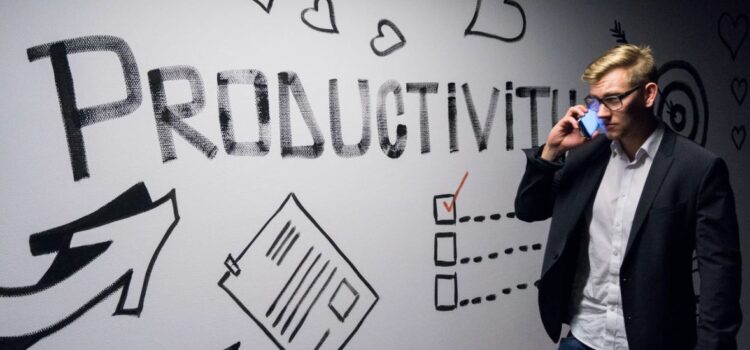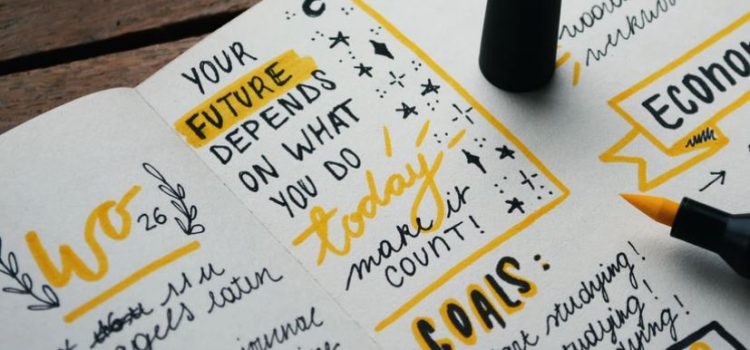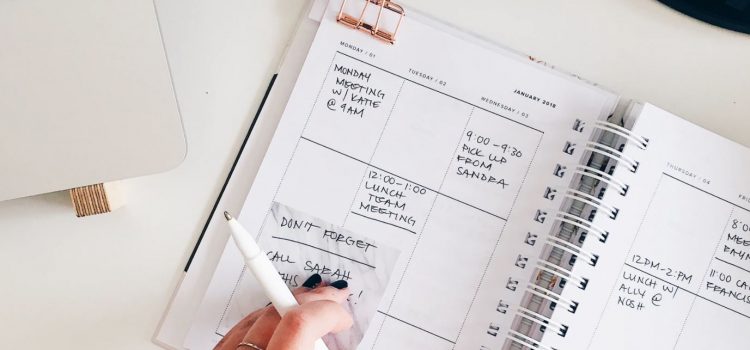What exactly is productivity? What are some things you can do to become more meaningfully productive? According to productivity expert Chris Bailey, productivity isn’t just about trying to do more for the sake of doing more. Rather, productivity is the ability to identify and prioritize what matters most. In this article, we’ll explain Bailey’s definition of productivity and how it challenges a common misunderstanding about what it means to be productive.
Chris Bailey: Productivity Isn’t the Same as Busyness









